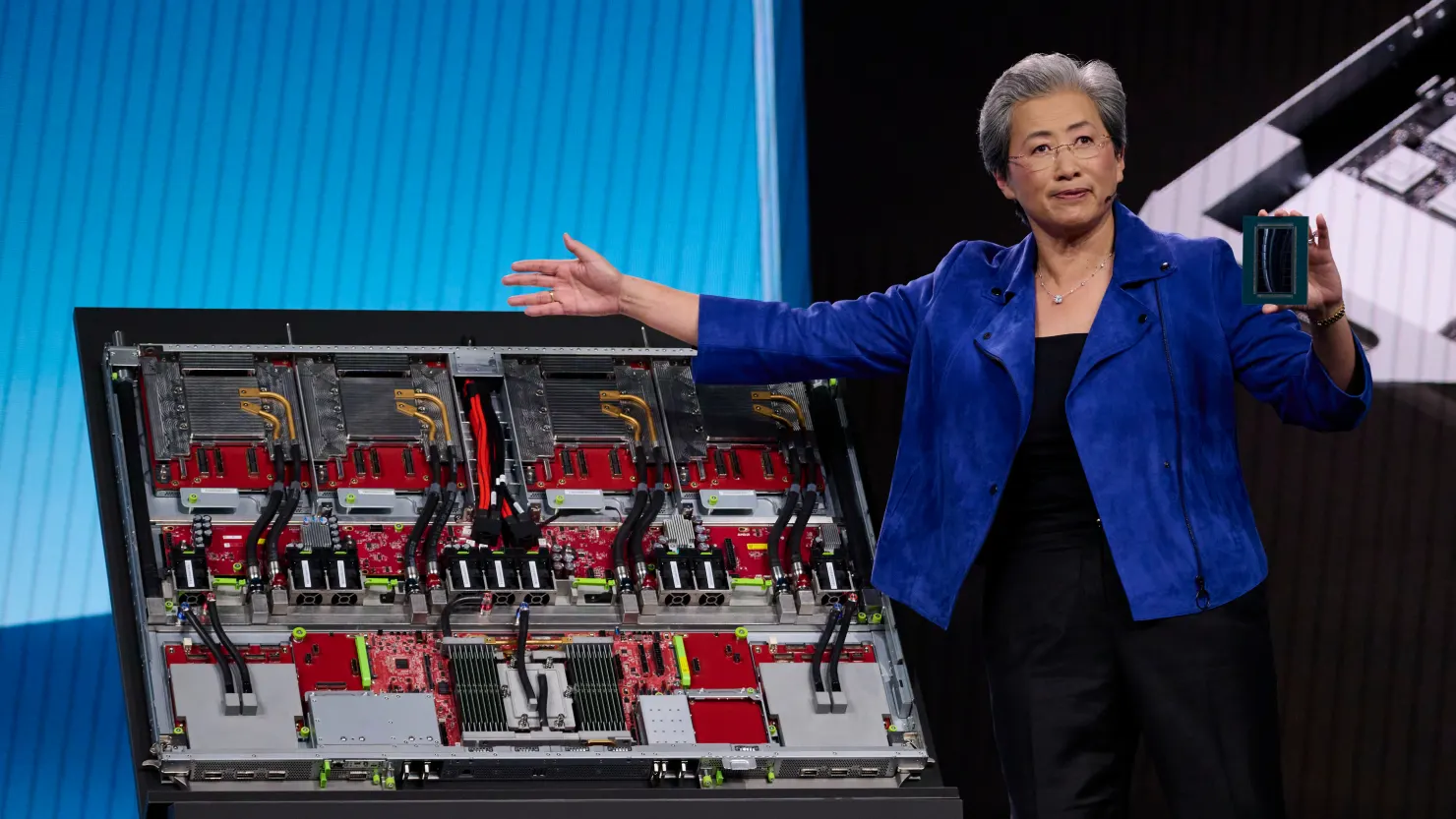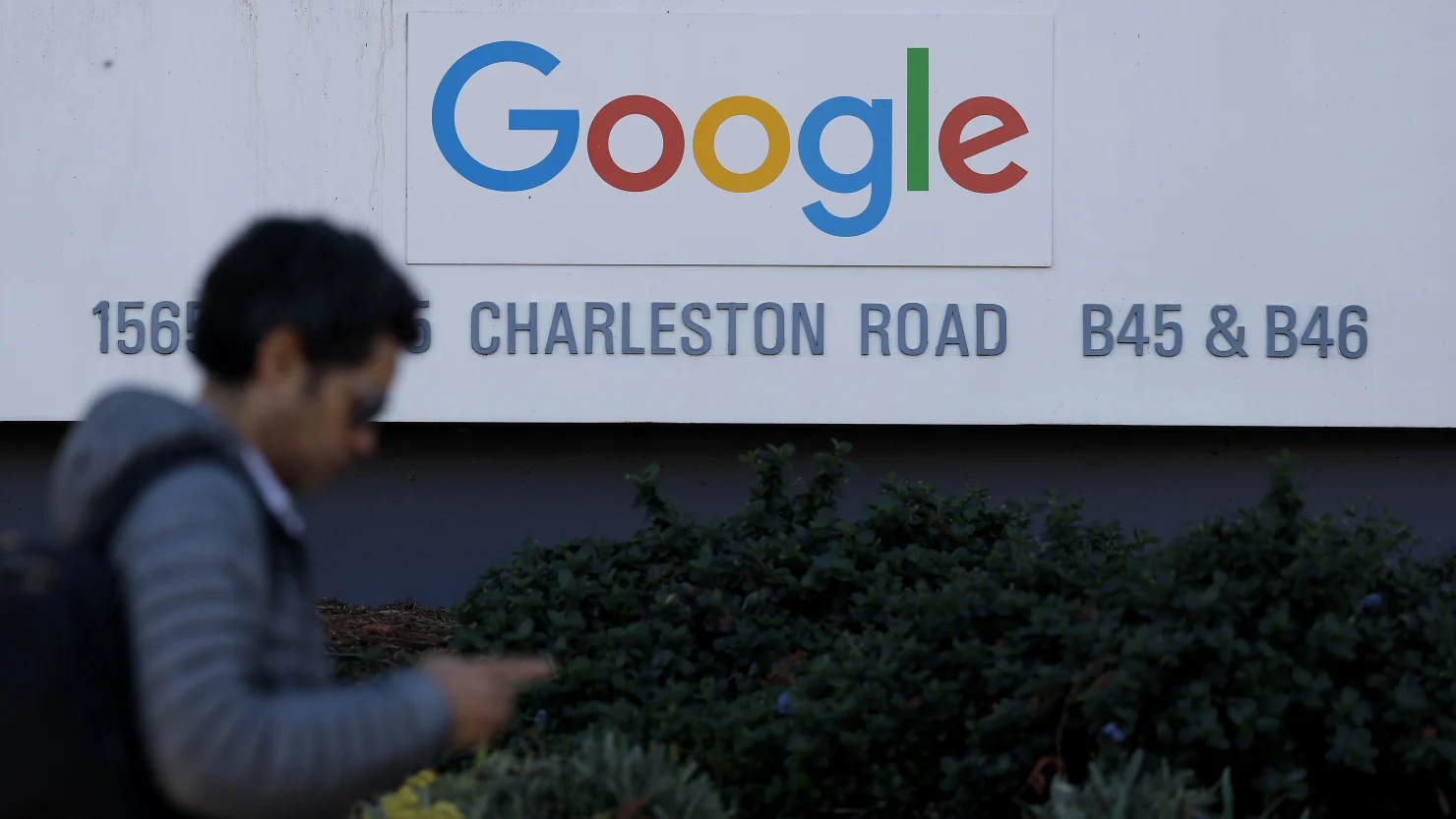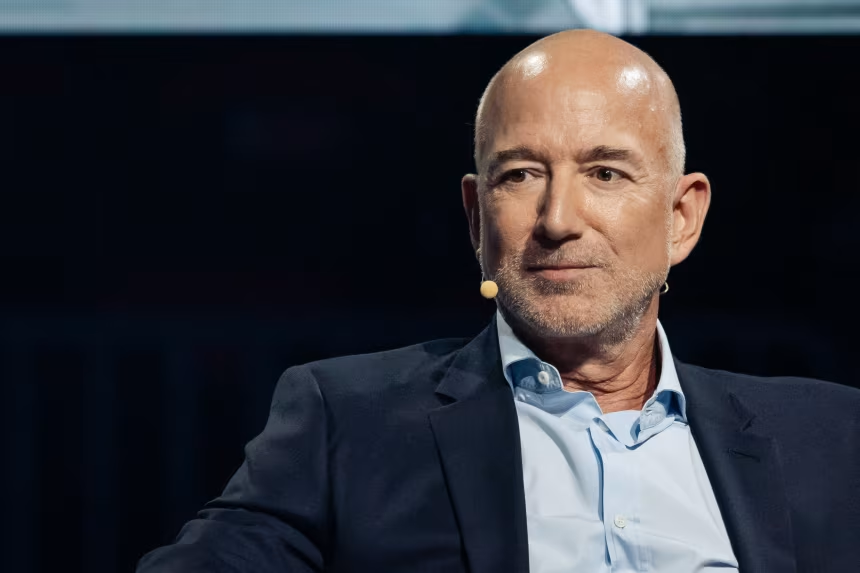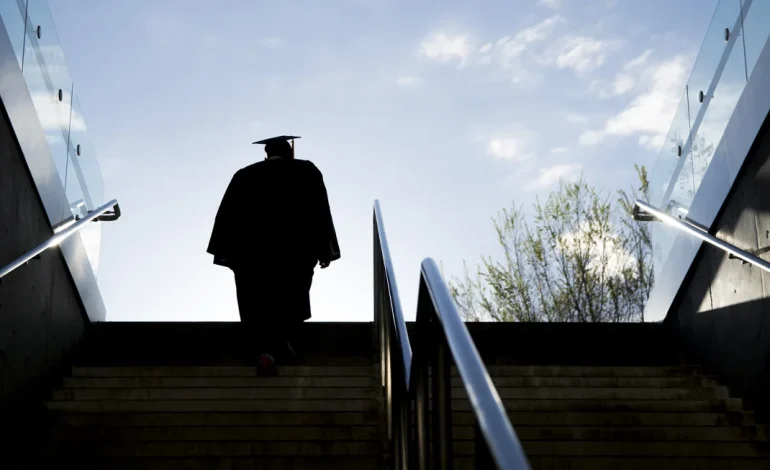The Class of 2025 faces significant hurdles as they enter a labor market marked by cautious hiring and economic uncertainty, despite an overall resilient US economy, CNN reports.
While the national unemployment rate remains relatively low at 4.2% and job growth has continued for 52 consecutive months—the second-longest streak in history—recent college graduates are encountering one of the toughest job markets in years.
According to economists, the unemployment rate for young graduates aged 22 to 27 with a bachelor’s degree or higher is now consistently higher than the national average—a situation unseen since tracking began in 1980. Oxford Economics reports that unemployment for recent graduates has increased by 1.6 percentage points since mid-2023, tripling the national rise during the same period. Young men in particular face elevated challenges, with unemployment rates nearing 10%, almost double the overall national figure.
Business leaders cite a range of factors behind the cautious hiring environment, including ongoing trade tensions and high interest rates, which have dampened business confidence. Entry-level hiring has fallen sharply—down 23% compared to pre-pandemic levels in March 2020—outpacing the 18% decline in overall hiring, according to LinkedIn data.
This “no hire, no fire” climate, as described by Jefferies economist Thomas Simons, may contribute to economic stability in the long run but creates immediate obstacles for new entrants to the workforce. The extended job search period is leading to frustration and financial strain among young job seekers, many of whom are burdened by student debt.
Jenna Macksoud, who graduated in late 2023, shared her experience of applying to numerous jobs daily for over a year with few responses, describing the process as “traumatic” and “hopeless.” Her story echoes broader reports of plummeting worker confidence among Gen Z, which LinkedIn indicates has reached record lows, even lower than at the height of the COVID-19 pandemic.
Complicating the outlook further are concerns about the impact of artificial intelligence on entry-level employment. Dario Amodei, CEO of AI company Anthropic, has warned that AI could eliminate up to half of white-collar entry-level jobs within the next several years, potentially pushing unemployment among young workers to between 10% and 20%. Oxford Economics notes employment declines in fields vulnerable to AI disruption, such as computer science and mathematics, for younger workers since 2022.
However, some experts urge caution in attributing hiring slowdowns solely to AI. Kory Kantenga of LinkedIn points out that fears over technology replacing jobs have recurred historically, such as with the introduction of ATMs, which did not eliminate bank teller positions but rather changed their nature.
The difficult job market also fuels ongoing debates about the value and cost of higher education. While unemployment rates remain lower for college graduates compared to those without degrees, the gap has narrowed. Despite rising tuition and student debt, many still view a degree as worthwhile due to higher earning potential and lower unemployment over a lifetime.
Experts advise students to be strategic in their career choices, focusing on sectors with growth prospects such as healthcare and education, and to consider long-term career trajectories rather than just immediate job placement.
The current environment also weighs heavily on families. Parents like Rob Bastress express frustration seeing their children graduate into uncertain job markets. Some blame automation and AI for reducing available opportunities.
For graduates like Gabriel Nash, who has applied to hundreds of jobs without success and relies on part-time content creation to cover expenses, the social and financial pressures are significant.
“There is this social pressure of needing to get out and get a job. But if nobody is hiring, what am I supposed to do?” he asks.










The latest news in your social feeds
Subscribe to our social media platforms to stay tuned